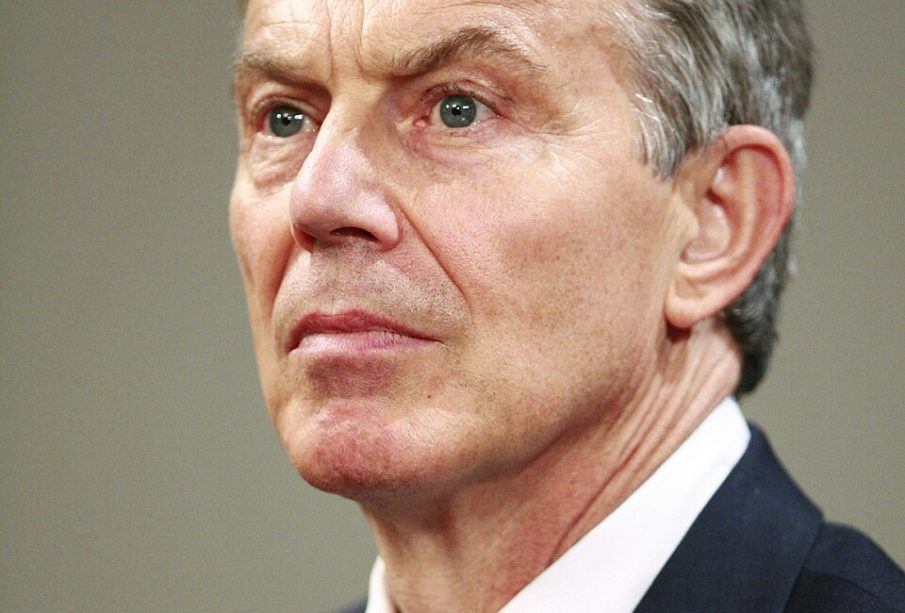The Political Journey of Tony Blair

Introduction: The Importance of Tony Blair’s Legacy
Tony Blair, the former Prime Minister of the United Kingdom, remains a significant figure in British politics. Serving from 1997 to 2007, his tenure was marked by substantial reforms and international events that shaped contemporary Britain. Blair’s policies and leadership style triggered a long-lasting impact on the UK’s political landscape, making an analysis of his contributions and controversies relevant in today’s discourse.
Major Policies and Achievements
Blair’s government, representing the Labour Party, is credited with modernising the party and expanding its appeal to a wider electorate. His administration focused on various social policies, including the introduction of the minimum wage, substantial investment in public services, particularly education and health, and initiatives aimed at reducing child poverty.
One of the most notable aspects of Blair’s leadership was the experience of New Labour, which sought to position the party centrally within British politics. This approach, emphasising a blend of social justice and economic reform, led to three consecutive electoral victories, with Blair winning the general elections in 1997, 2001, and 2005.
Controversies and Criticisms
However, Blair’s time in office was not without controversies. His strong support for the United States in the Iraq War of 2003 generated significant backlash, leading to large-scale protests in the UK and questions about the legitimacy of the intervention. Blair’s perceived closeness to US policies under President George W. Bush caused a rift within his party and among the British public, significantly impacting his approval ratings.
Furthermore, allegations of misleading Parliament and the public regarding the justifications for war have lingered over Blair’s legacy, complicating his political narrative and reigniting debates on accountability and leadership ethics.
Conclusion: The Lasting Impact of Tony Blair
As time progresses, Tony Blair’s legacy will continue to be examined through various lenses. His efforts toward public sector reform and social justice, set against the backdrop of the Iraq War and its consequences, paint a complex picture of a leader shaped by the trials of his era. Today, Blair remains active in international affairs and continues to influence political dialogue, thus ensuring that his contributions and lessons learned remain pertinent for current and future leaders. Understandably, Blair’s time in power invites reflection and discussion, providing vital insights into the interplay of politics, ethics, and power.









